Search
Remove Ads
Advertisement
Summary 
Loading AI-generated summary based on World History Encyclopedia articles ...
Search Results

Article
Ten Great Slave Revolts in Colonial America and the United States
There were 250-311 slave revolts in Colonial America and the United States between c. 1663 and c. 1860 as defined by scholar Herbert Aptheker (l. 1915-2003), but, almost certainly, many more that were not reported, as news of an uprising...
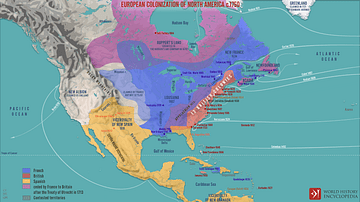
Image Gallery
5 Maps on the Origins of the United States
In this gallery of five maps, we examine the creation and expansion of the United States from the colonization of North America by European powers to the routes of the explorers who pushed ever westwards to the Pacific coast. Here we can...
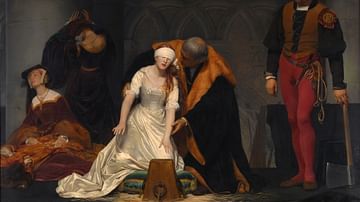
Definition
Lady Jane Grey
Lady Jane Grey (1537-1554 CE) was briefly declared Queen of England for nine days in July 1553 CE following the death of her cousin Edward VI of England (r. 1547-1553 CE). Then only 16 and never officially crowned, Lady Jane was first an...
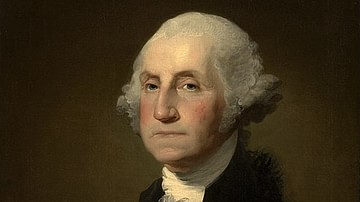
Collection
Founding Fathers of the United States
The Founding Fathers of the United States were the leaders of the American Revolution (c. 1765-1789), who led the push for American independence from Great Britain, founded the United States, and oversaw the implementation of the US Constitution...

Definition
Indian Princely States
The Indian Princely states (aka Native States or Princely India) were those states in the Indian subcontinent the British did not conquer but which were typically bound by treaty first to the East India Company and then to the British Crown...
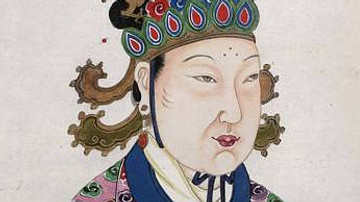
Definition
Wu Zetian
Empress Wu Zetian (Empress Consort Wu, Wu Hou, Wu Mei Niang, Mei-Niang, and Wu Zhao, l. 624-705 CE, r. 690-704 CE) was the only female emperor of Imperial China. She reigned during the Tang Dynasty (618-907 CE) and was one of the most effective...
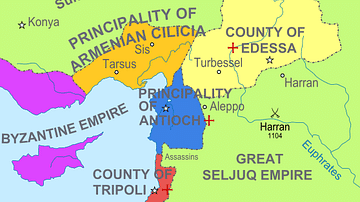
Definition
Crusader States
The Crusader States (aka the Latin East or Outremer) were created after the First Crusade (1095-1102) in order to keep hold of the territorial gains made by Christian armies in the Middle East. The four small states were the Kingdom of Jerusalem...
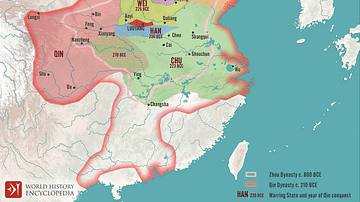
Definition
Warring States Period
The Warring States period (481/403 BCE - 221 BCE) describes the three centuries when various rival Chinese states battled viciously for territorial advantage and dominance. Ultimately the Qin state was victorious and established the first...
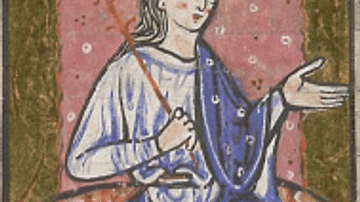
Definition
Aethelflaed, Lady of the Mercians
Aethelflaed (r. 911-918 CE) was the daughter of King Alfred the Great of Wessex (r. 871-899 CE) and became queen of Mercia following the death of her husband Aethelred, Lord of the Mercians (r. 883-911 CE). She is best known as the “Lady...
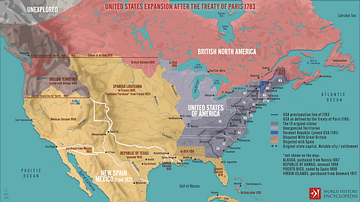
Image
United States Expansion after the Treaty of Paris in 1783
A map illustrating the expansion of the United States of America following the Treaty of Paris (September 3, 1783), which ended the War of the American Revolution, recognized U.S. independence, and granted it sizeable additional territory...